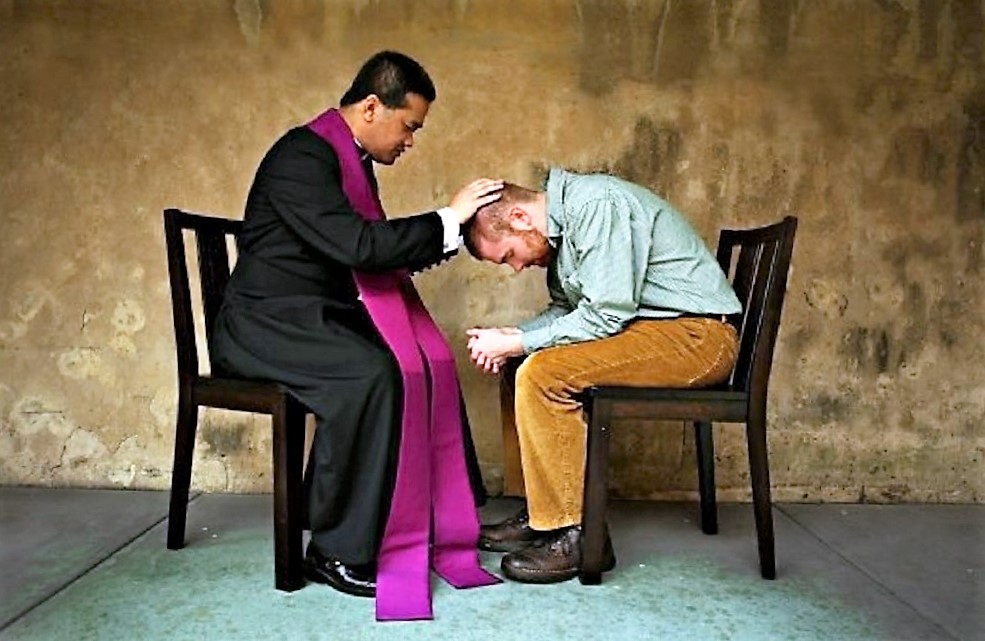20 days. 20 days until Advent begins. It’s time to get ready.
Unlike much of the world, Catholics don’t plunge headlong into Christmas after the Halloween candy has been passed out. Nope, we take it slow. We like to REALLY prepare for Christmas. That means a four week period of getting ourselves ready, spiritually, for the celebration of the Incarnation: God-made-man.
Advent actually has two spiritual purposes: we prepare spiritually for Christmas in remembrance of Christ’s first coming, and we also prepare ourselves for Christ’s second coming, whenever that may be.
Here are some Advent traditions for you, whether you live by yourself, have a bunch of kiddos at home, are grandparents or babysitters – there is something for everyone.
- The Advent wreath. You can make this as simple or as elaborate as you’d like. If you have youngsters, you can certainly include them in the making of a simple wreath. You’ll also need four candles: three purple and one rose. You can learn more about this tradition here. (Don’t forget to bless it!)
- An Advent calendar. Not sure what it is about this, but kids LOVE opening the little doors each day to reveal a picture, a Scripture passage, a treat. You can find versions of this online, purchase a paper calendar or create a more elaborate one.
- Set up the Nativity set, and tell your kids about its history. Many families will “assign” one of the pieces of the Nativity set to each child, and as Advent progresses and the children work on good works, that piece advances until, on Christmas Day, each family member’s piece is present in the manger next to Baby Jesus.
- Fully celebrate the holy days in Advent: St. Nicholas’ feast, the feast of St. Lucia, Our Lady of Guadalupe. There are plenty of crafts, food and stories surrounding each of these, so with a little planning, you can enjoy each of the celebrations regardless of the ages of folks in your home.
- Can’t wait to get the tree up? Decorate with Jesse Tree ornaments. These ornaments (and the accompanying prayers) tell the story of Christ from the Old Testament – a prophecy and promise of the long-awaited Savior.
- Learn and pray the “O Antiphons.” These beautiful prayers date back to the 8th century A.D. You’ll recognize them as part of the hymn, O Come, O Come Emmanuel.
- Want to sing your way to Christmas? You don’t have to tune in to the “all Christmas music, all the time” radio station. Here’s a list of Advent music to enjoy.
- Go to confession. This is truly the best way to prepare for the arrival of the Christ Child. Go as a family, and then perhaps enjoy a special treat afterwards.
- Make someone else’s day. Bake something special for a neighbor, make a wreath for an elderly friend, volunteer at a food bank or shelter, visit a shut-in.
As always, our prayer life should deepen in this holy season, so whatever you choose to do: pray.
God of Love,
Your son, Jesus, is your greatest gift to us.
He is a sign of your love.
Help us walk in that love during the weeks of Advent,
As we wait and prepare for his coming.
We pray in the name of Jesus, our Savior.
Amen.





